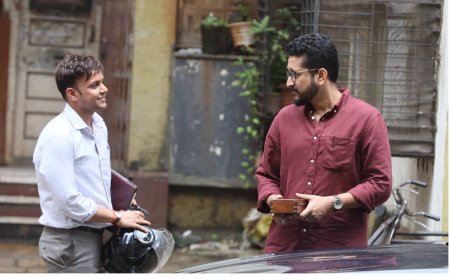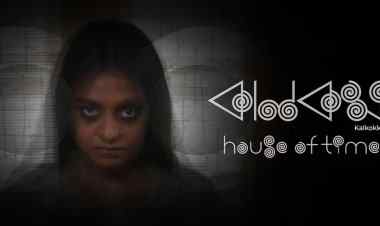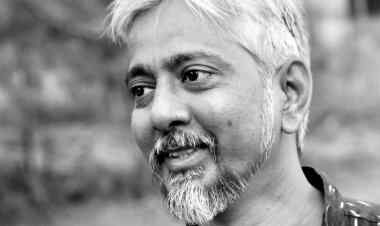Two Way Street: A nuanced tale of two individuals in crisis
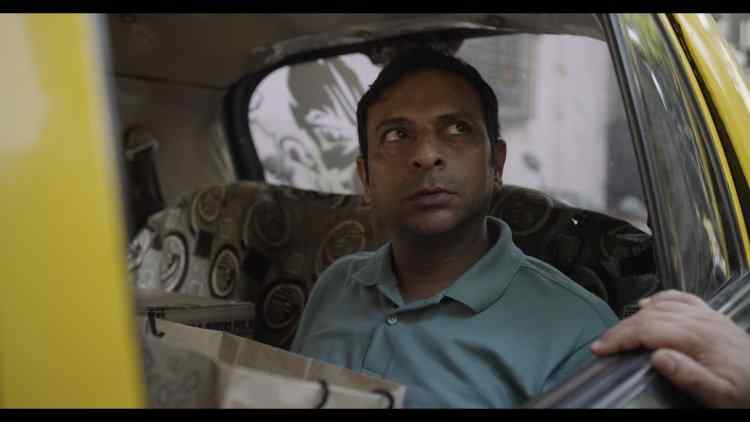
Dipankar Sarkar, a noted Indian film critic and an alumnus of FTII, Pune, writes on the short film, Two Way Street by Asmit Pathare.
Since time immemorial, an individual’s religion and class have never been perceived in isolation by the majority of the Indian populace. The adage that India is a nation of multi-ethnic cultures where people belonging to different religious, racial, cultural, and lingual identities live harmoniously together is no longer valid. Asmit Pathare’s short film Two Way Street addresses the morbid tendencies of religious discrimination without being didactic at all. Crafted with dexterity and nicety, it is a touching tale that brings out the oneness of our feelings amidst differences.
A man has returned to the city of Mumbai after a long time. He hires a taxi to reach his destination, and the taxi driver is a friendly fellow who helps him load his luggage. As they are travelling, the taxi comes to a halt at a signal. The man notices a bakery that brings him memories of his bygone days. So he steps out to get two puffs, one for himself and one for the taxi driver. Both of them get into a general conversation as they make their way through the bustling city. But the moment the taxi enters the man’s neighbourhood, the driver’s behaviour changes. Soon an intense argument begins between the man and the driver that exposes how religious biases and presumptions have manifested in our private and public lives.
The film begins on a mundane note and shifts its tone midway into the narrative, resulting in a gripping account of how two individuals negotiate a difficult situation. It engrosses us in moment-to-moment details that subtly but profoundly speak to the characters’ hidden torments. The silent expression of the characters gives us the impression that their traumatic experiences from the past have gradually transformed into an undetectable presence that triggers their present behaviour. With skill and easy charm, the two unnamed characters played by Joy Sengupta and Gagan Dev Riar show how the relationship between the two gradually changes. We appear to be living with them in real-time and participating in their moral conundrum.
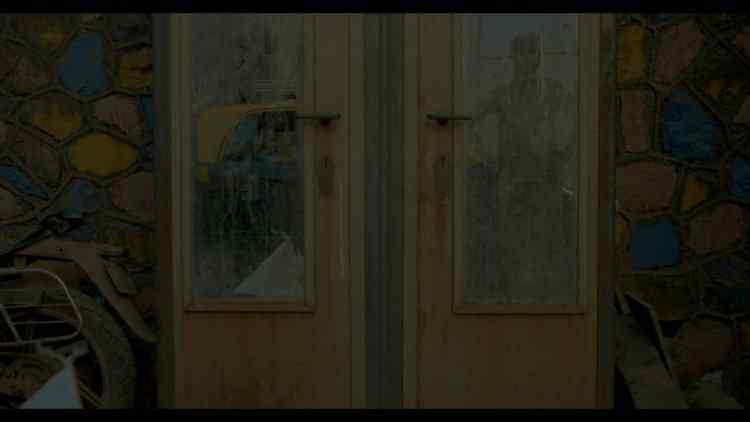
Image: film still
Annie Zaidi’s detailed screenplay takes an uncompromising stance towards the communal divide and, with much subtlety, brings forth the message that humanity is of much greater value than the religious divide. Asmit sensitively explores the nuances in the heated relationships between the two characters with excruciating detail. Vikas Urs’s camera frames the characters in their vulnerable moments in such a way that it effortlessly captures a tragic reality with all its moods and emotions. Radhika Murthy edits the film at a pace that keeps us engaged throughout. The sound design by Varun Gupta and the background score by Kaizad Gherda work together to enhance the mood and immerse us in the world of the film.
Two Way Street speaks quietly but powerfully with a style that is realistic and delicate. This is a film that embraces humanity, understands it, and expresses it perfectly. It is a short yet significant film that delicately highlights the ethical conundrum caused by the vitriolic atmosphere created by a handful of hate-mongers.
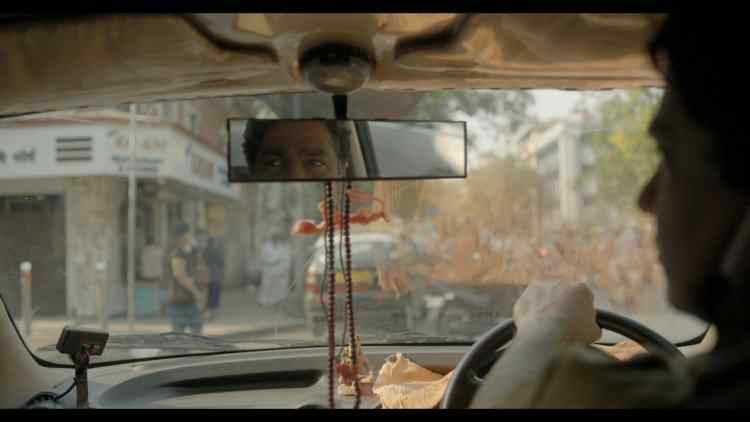
Image: film still
***
What's Your Reaction?







